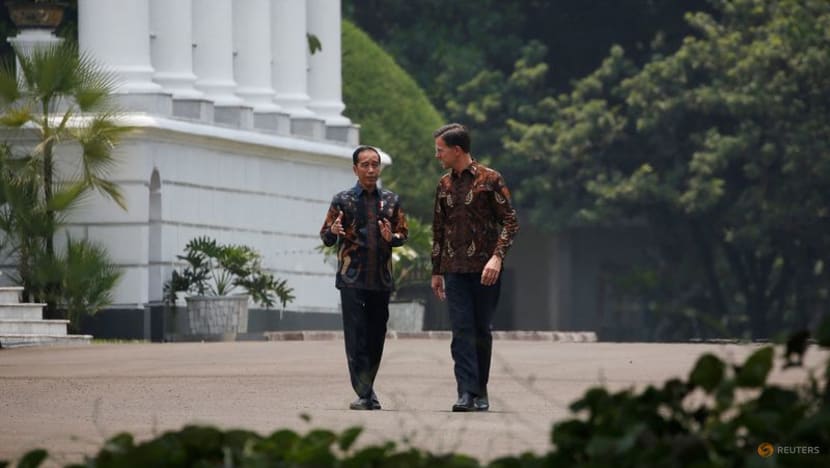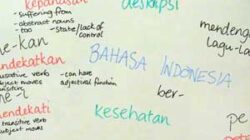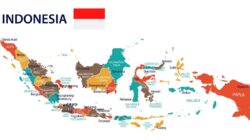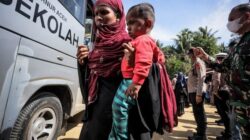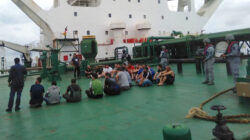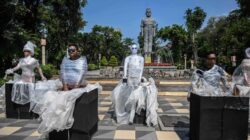AMSTERDAM – According to a significant historical review, the Netherlands’ military engaged in systematic, excessive, and unethical violence throughout Indonesia’s battle for independence from 1945 to 1949, and the Dutch government condoned it at the time.
The conclusions of the assessment, which was financed by the Dutch government in 2017 and performed by academics and specialists from both nations, were unveiled at a press conference on Thursday (Feb 17), following the leak of crucial findings late on Wednesday.
The cabinet of Prime Minister Mark Rutte is scheduled to respond later on Thursday.
It is hardly surprising that the Netherlands was deemed to have used disproportionate force in the decades immediately following World Fight II as it fought an increasingly hopeless war to reclaim control of its former colony.
According to the report, Indonesian forces employed “severe” violence as they launched a guerrilla war, initially targeting Indo-Dutch and Moluccan minority populations.
The Dutch government, on the other hand, has never thoroughly evaluated or admitted the scope of its culpability. The Dutch envoy to Indonesia apologized for summary killings in 2013, and King Willem-Alexander offered a surprise apology for “excessive brutality” during the conflict during a visit in 2020.
Following a 2013 deal with certain widows, the Dutch government announced in October 2020 that it would provide €5,000 (US$5,600) compensation to children of Indonesians who were executed during the conflict.
The countries today have significant commercial links, but the conflict is still a touchy subject for victims and veterans. The Dutch government discovered in 1969 that its forces had, on the whole, behaved correctly during the conflict.
However, the new report stated that “Dutch armed forces used extreme violence on a frequent and structural basis, in the form of extrajudicial executions, ill-treatment and torture, detention under inhumane conditions, the torching of houses and villages, the theft and destruction of property and food supplies, disproportionate air raids and artillery shelling, and what were often random mass arrests and mass internment.”
It was highlighted that the military activities were carried out in close coordination with the Dutch government, with the support of a supportive society and an uncritical media, all of which were entrenched in a “colonial mentality.”
“It is clear that the Dutch applied different criteria to… colonial’subjects’ at every level,” the summary said.
Source: Reuters


